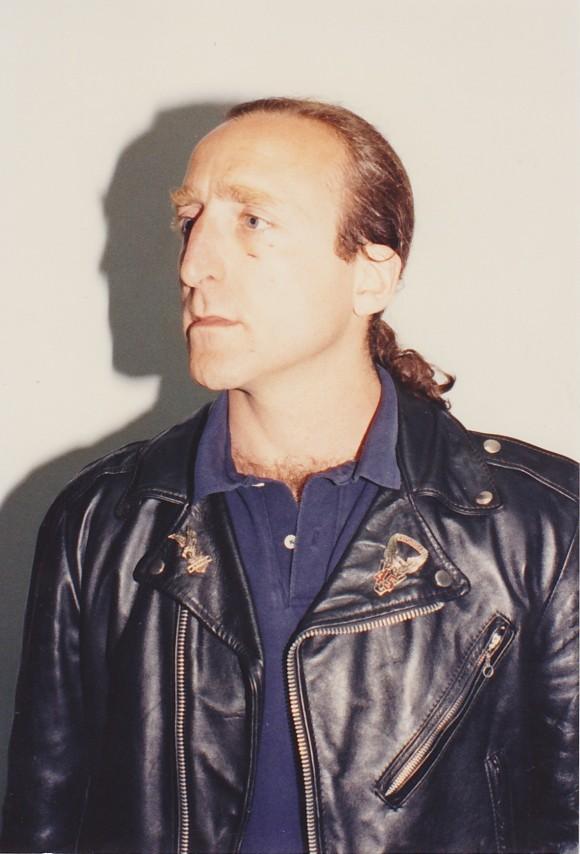NEW YORK—Alex Perez was a fugitive from Miami, up for any criminal activity at the right price. He sported a long ponytail, with the appropriate amount of gel, of course. His gold chains and bracelets finished off the “high-end vulgar” look. His car, a late-model Chrysler Imperial with Metro-Dade plates, helped establish Perez’s credibility in the world he was about to enter.
Alex Perez was Marc Ruskin, an FBI agent who spent 27 years with the bureau, most of it in various undercover (UC) roles.
“The effect of having all these props, is that when I showed up, even to people who didn’t know me, before I even got out of the car, my job was 90 percent done,” Ruskin said in a May 19 interview.
A little modest, perhaps, considering the shady situations in which he had to carry these props in authentic transactions—drug deals, counterfeit money deals, fraudulent ID scams, mob dealings, corporate espionage, and many more.
“Learning to lie is one thing, and it takes practice, but learning to live a lie—that’s something else entirely, a much greater challenge, and that’s what undercover work is,” Ruskin writes in his new memoir, “The Pretender: My Life Undercover for the FBI.“
The book dives deep into the fascinating details of undercover work and the perils lurking at every turn. It also gives the reader a glimpse into the post-Hoover-era FBI, from 1985 right up to 2012.
“There are a lot of characteristics that make up a good UC. ... Being fearless is not one of them—I certainly felt fear,” Ruskin said. For example, driving to a high-risk meeting as Alex Perez to buy heroin from a Malaysian-Chinese trafficking organization, Ruskin often wondered if he was out of his mind.






